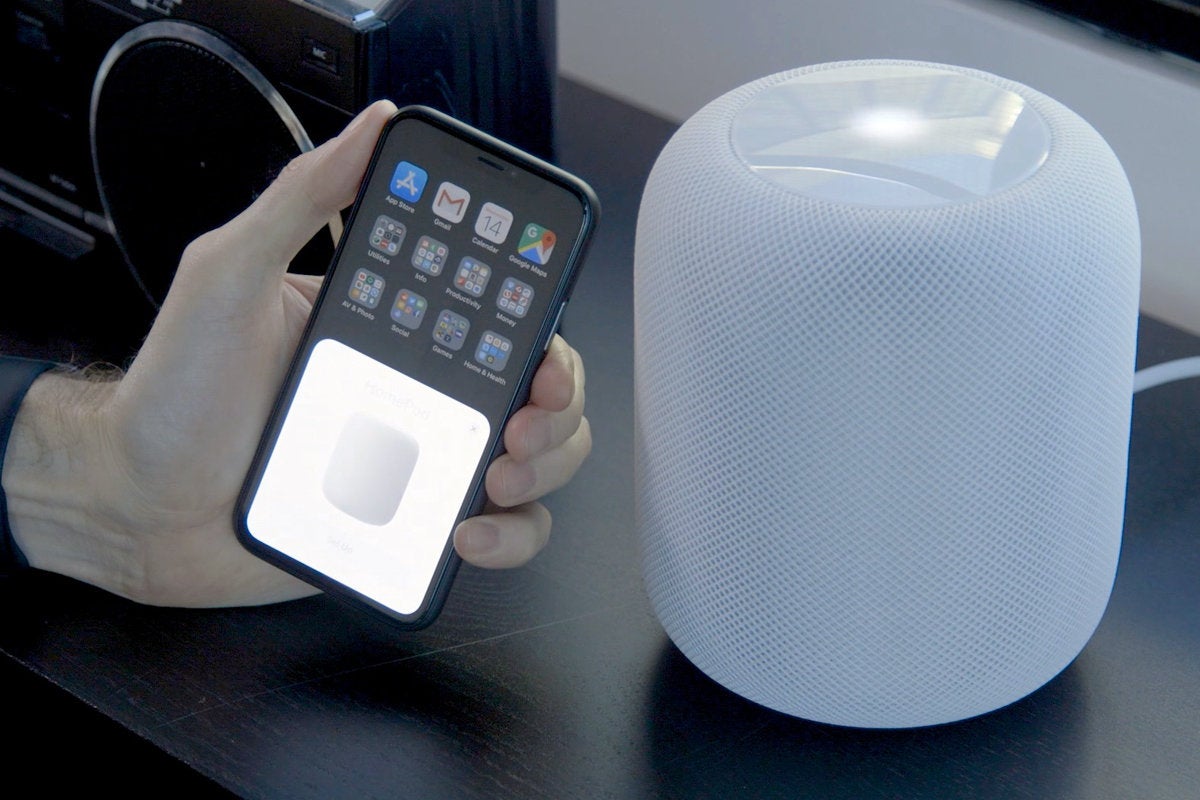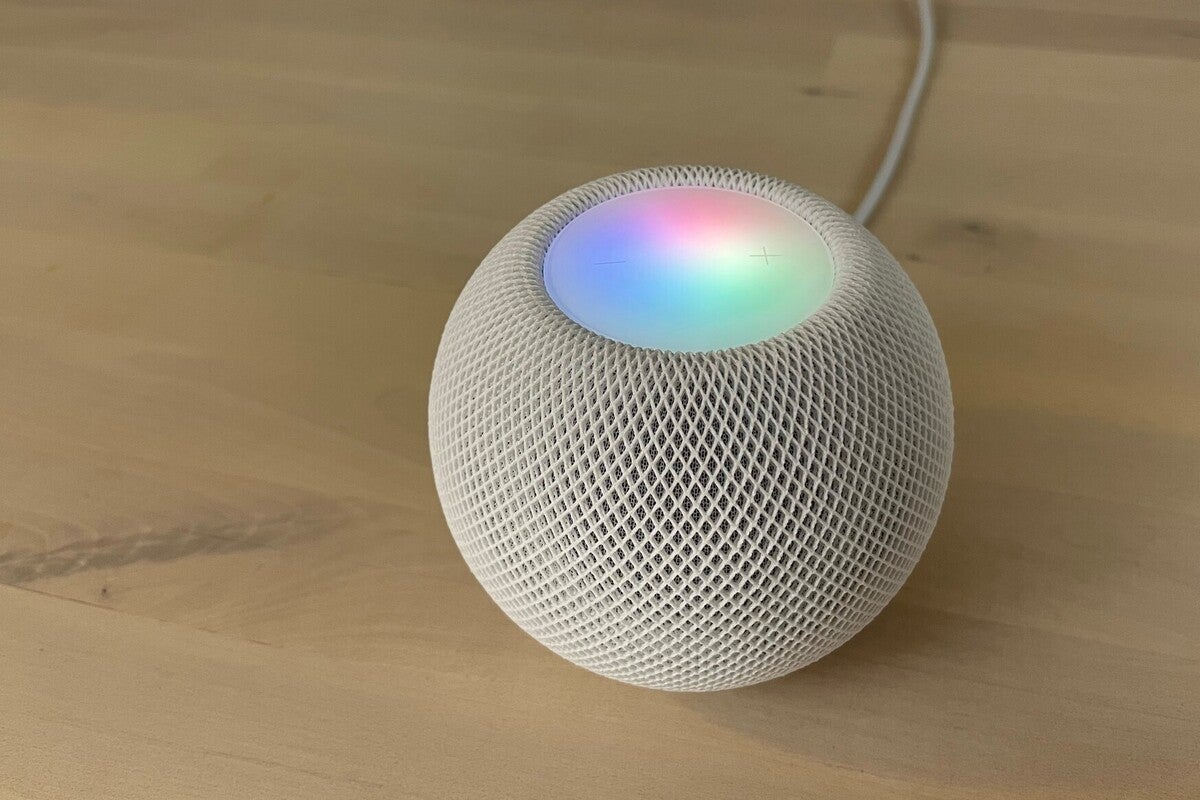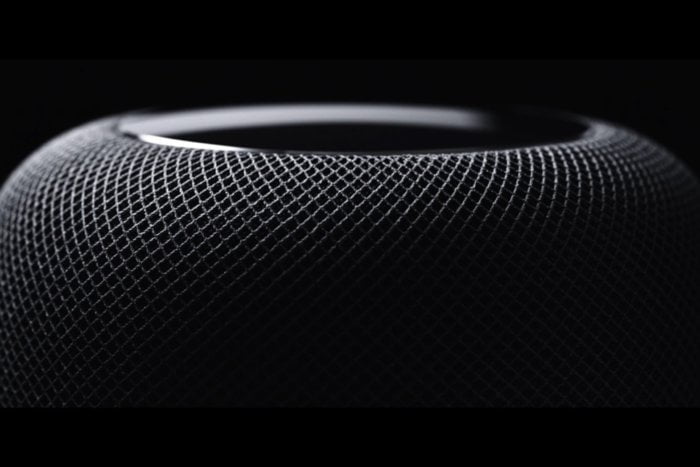Apple may still be in the HomePod business, but the original high-end speaker is gone. Apple has just offered its original hi-fi smart speaker an unceremonious funeral following a late update of its website on Friday.
The timing of the news could have been surprising, but the substance was less. The larger and more expensive homePod (which Apple promises to continue to support) has disappeared in a language familiar to Apple's high-quality speakers, while the arrival of a smaller and more accessible control last fall he proved to be a harbinger of things to come.
Originally sold for $ 349 before Apple cut its price to $ 299, the HomePod brings to mind the iPod Hi-Fi, a large white speaker with an iPod docking station that landed with a bang in 2006. Cupertino shook the iPod Hi-Fi, which was avoided. even by Apple believers, after only a year.
[ Further reading: Everything you need to know about Apple HomeKit ]
HomePod, on the other hand, had a fair share of fans and it's easy to see why. Dressed in an attractive canvas cover, HomePod ranks as the most sophisticated speaker Apple has ever built, complete with a sustained, high-performance speaker surrounded by seven tweeters, each powered by its own amplifier.
Powered by Siri, the HomePod was - for a time - the only smart speaker that acted as a "home hub" for HomeKit, Apple's smart home platform. And with the arrival of AirPlay 2, you can arrange a number of HomePods in a multi-audio setup to play different songs in every room of your home.
HomePod won a niche audience, many of whom actually bought more HomePods. But it never broke out in the mainstream as smaller and cheaper smart speakers did from Amazon and Google and there are a lot of reasons why.
It was too expensive
First, the price of $ 349 - so. Even after Apple delayed it to $ 299, it's a lot of money for a single speaker, although the premium price of the HomePod is a very important thing for Apple to do.
Of course, Apple was not the only one to offer an expensive smart speaker. The $ 299 Google Home Max was our favorite smart speaker for music, but it was also discontinued.
HomePod extremely well designed, but too extensive and limited.
His sound was not good enough
Of course, in the world of audiophiles, $ 300 for a speaker is peanuts, but HomePod isn't really suitable for audiophiles either. In our review, we called the HomePod sound "very good", but we also thought that Sonos Play: 5 and Google Home Max are better.
We were also hampered by the omnidirectional design of the HomePod ("how likely are you to place the speaker in the middle of the camera?") And the sound signature too low ("not surprising given that the speaker doesn't have mid-range drivers ”).
It has limited streaming support
Beyond how music plays on the HomePod, there is the issue of the number of streaming services that the HomePod natively supports. Until recently, the answer was a big one: Apple Music.
Last year, Apple finally announced that Siri on the HomePod will start supporting other third-party music services, but so far only Pandora has signed up.
 IDG
IDGHomePod was easy to set up, but not so easy to use with third-party streaming services.
This means that if you want to stream songs from, say, Spotify, Amazon Music, Tidal, Deezer, Qobuz, or YouTube Music, you'll need to do so via AirPlay 2, an obstacle other speakers don't have.
Siri is not smart enough
Some of the best smart devices on the market are powered by HomeKit, and HomeKit boasts some of the best privacy features we've seen in the smart home.
HomeKit Secure Video, for example, ensures that the video is captured from your security cameras and analyzed locally, rather than on a third-party cloud server, and once your videos are stored in iCloud, they are encrypted so no one besides you can see them.
But no matter how good HomeKit smart devices are, there are still not as many of them, or at least not as many as those supported by Google Assistant or - most of all - Alexa. This means that if you use HomePod as a smart speaker, you'll have a much smaller universe of smart devices to control.
Meanwhile, Alexa enjoys support from over 100,000 smart and counting gadgets, which you can control using a $ 50 (or often cheaper) Echo Dot. Siri isn't as smart as its counterparts when it comes to controlling home devices, and it's something Apple needs to address next with the HomePod mini in the future.
HomePod mini can still succeed
The new smaller HomePod mini is not so much a reason for the HomePod's failure as it was the final nail in the coffin.
Priced at just $ 99, the HomePod mini brings Apple smart speakers to the realm of affordability (though they're not as cheap as the Echo Dot and Google Nest Mini, which are $ 50 each).
 Ben Patterson / IDG
Ben Patterson / IDGHomePod mini can be successful if HomePod failed.
The only HomePod mini driver won't take anyone's socks off, but the sound is definitely good enough and definitely better than what you'll hear from the cheaper Amazon and Google speakers. And if HomePod mini is still accompanied by limited HomeKit support and music services, well, this is an easier pill to swallow, given its price (barely) below $ 100.
Finally, the HomePod mini comes with a pair of shiny new hardware features that the HomePod doesn't have, including an ultra-wideband U1 chip that supports speaker music teaching capabilities, plus a new radio that allows the HomePod smaller to act as a Thread border router.
Solving many (if not all) of the most annoying problems with the HomePod, it's no wonder Apple wants to put the HomePod mini in front and in the center, while moving the older HomePod into the pasture.





